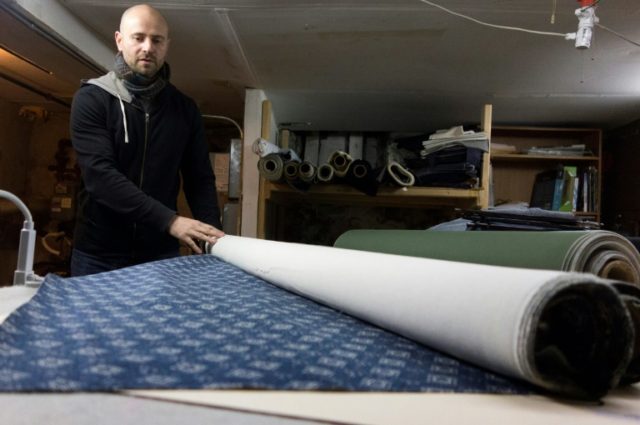A professor at the University of Toronto argued in a recently publish academic journal piece that felt is a “white supremacy” fabric.
University of Toronto Professor Stephanie Springgay published a bizarre piece for the academic journal Studies in Philosophy and Education last month. In the piece, Springgay uses felt, the fabric, as an analogy to describe the relationship between white supremacy and society.
Felt is a dense material of permanently interlocking fibers. It is a nonwoven fabric made using natural fibers, a binding agent (typically pure soap), and a process of agitating the fibers. In a Thousand Plateaus, Gilles Deleuze and Felix Guattari use different textile processes to flesh out the concepts of striated and smooth space. They refer to this at the technological model. Striated space is coded, captured, commodified, and limited. This is the space of institutions, capitalism, the state, education, White supremacy and settler colonialism. Smooth space is open and in continuous variation. This is a space of innovation, experimentation, and resistance. Because weaving has a warp (threads set against the
loom) and weft (threads that move in between the warp) it creates a striated space that is delimited.
The piece was originally highlighted by the Twitter account, New Real Peer Review. “When you don’t know what to write about and end up with a postmodern word salad,” the account tweeted on July 28 alongside a screenshot of the summary of Springgay’s piece. In another tweet, the account called the piece “vomit worthy scholarship.”
Some users on Twitter suggested that Springgay’s piece was reminiscent of fake papers produced by the Postmodernism Generator, a web script which jumbles postmodern buzzwords into a full-length academic journal piece.
In July, Breitbart News covered University of Toronto Professor Jessica F. Green’s plea for more activism in academia. “Being an advocate and an expert should not be mutually exclusive. Rather, as educators and scholars, it is our responsibility to participate in public discussions,” Green wrote in a column for the Chronicle.

COMMENTS
Please let us know if you're having issues with commenting.